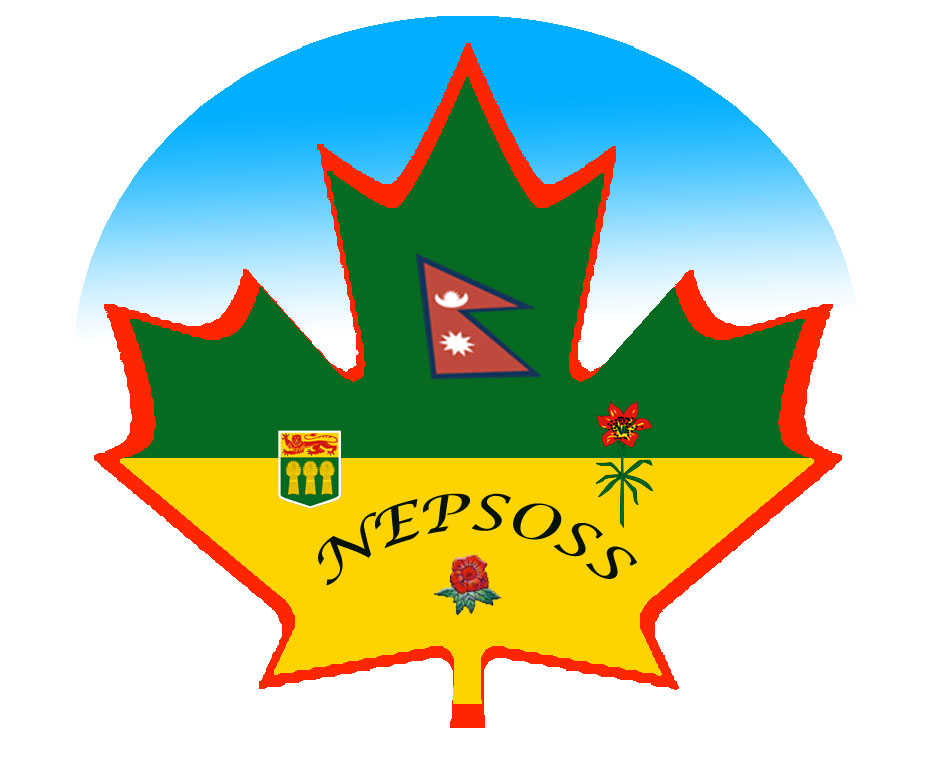NepSoSS regularly publishes informational articles to help our members on how to avoid being a victim of scam.
In the recent days, there in an upsurge in telephone or electronic scams where the caller claims to be from the government agencies such as CRA, Immigration, Refugees and Citizenship Canada (IRCC), Sasktel Refund or even friend of your family members. The caller pretends to be a friend, police officer, immigration or tax officer and tells you that you broke the law or owe tax or received a refund or some pleading story about your family members. They may speak in Nepali, English or any language the victim understands.
The caller requests immediate payment by credit card, wire through Western union, exchange through virtual currencies like Bitcoins (see below) or convinces the victims to purchase a prepaid credit card and to call back immediately with the information. Scammers change the information that appears on the Caller ID display to misrepresent themselves.
For eg: The caller ID may show your family members phone number but it’s not actually coming from their phone. This type of scamming is popularly known as Caller ID spoofing.
It is probably a scam or a phishing scheme if:
- you have to pay money, or
- you need to give personal information (date of birth, passport number, bank account or credit card information, etc.), or
- you are told you will be arrested, go to jail, lose your visa or status, be deported, or have your account suspended if you don’t pay or give your personal information.
Bitcoin and Crypto currency
Bitcoin is a virtual currency or a digital token. It’s not a coin or physical money. It can be used to trade anonymously. Though each bitcoin transaction is recorded in a public log, names of buyers and sellers are never revealed. While that keeps bitcoin users’ transactions private, it also lets them buy or sell anything without easily tracing it back to them. That’s why it has become the currency of choice for people online buying drugs or other illicit activities.
Most common scams:
Phone scams
There are many signs that you are encountering a scam phone call. Below are some of the more common tactics scammers employ when targeting individuals via the phone:
- They may ask for sensitive data over the phone, such as card or bank information;
- They may ask for personal data over the phone, such as your social insurance number or passwords;
Online/Computer/Website
A common scam tactic is when the scammers call to let you know that your computer’s security has been compromised or hacked. Note that most software companies like Microsoft DO NOT call individual customers in an incidence of a hack. They may also ask for remote access to your computer. Never let an unknown caller/party remote into your computer or install software in it;
- You may receive an SMS for verification codes that you need to accept via your phone from an activity you did not initiate;
- You are asked to purchase or pay for a subscription, additional service; or to renew a license, etc. directly on the phone.
Social Media
Phishing can also be done through Social Media such as Facebook. Similarly to email and SMS phishing scammers send links and ask to click on them so that they can collect your personal and payment information.
Remember that scammers often succeed because people give out easily sensitive information.
Please read following articles and be confident to recognize scam.
- https://www.nepsoss.ca/community-news/don-t-fall-for-criminals-posting-as-canada-revenue-agency-cra.html
- canada.ca/en/revenue-agency/corporate/security/protect-yourself-against-fraud.html
